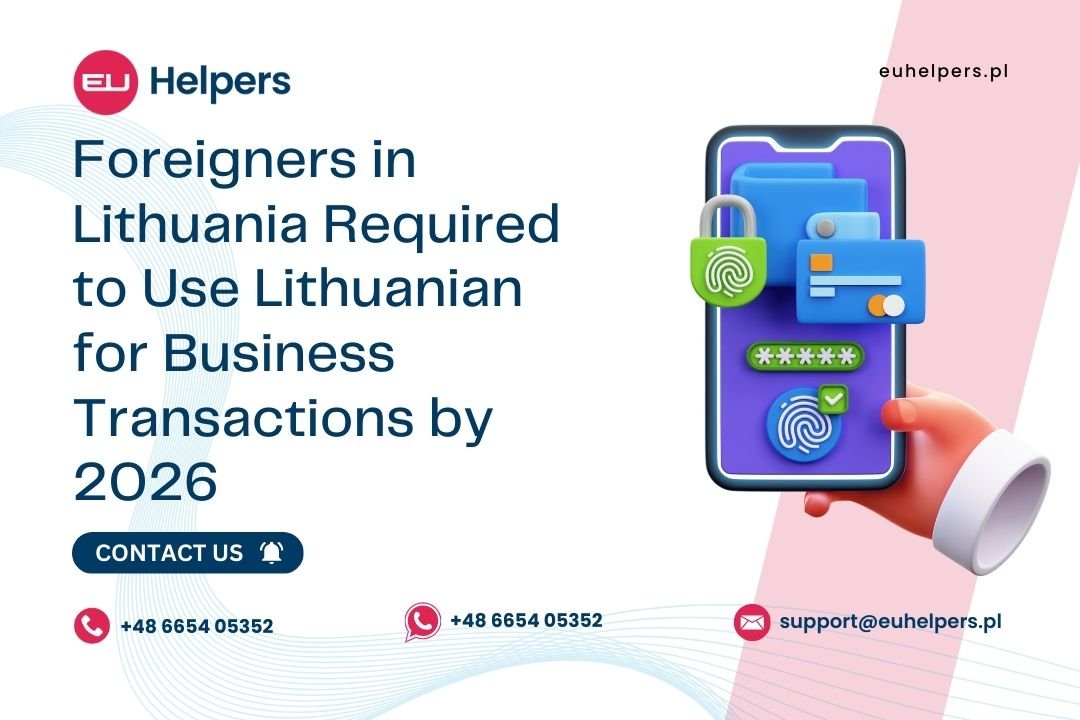The Lithuanian parliament has recognized significant language barriers impacting the country’s diverse population, particularly highlighted by the 2021 census results from the State Data Agency. The census revealed that approximately 60% of the population speaks Russian, which leaves a substantial portion—around 40%—struggling to access services in a language they may not understand.
In response to these findings, the Seimas has passed amendments mandating that, by 2026, all business transactions conducted by foreigners and their employers in Lithuania must be carried out in the Lithuanian language. This initiative aims to improve communication and integration for the nearly 220,000 foreigners currently residing in the country.
The European Migration Network (EMN) reports that Lithuania welcomed approximately 66,920 new immigrants in 2023, while the emigration rate was recorded at 21,986. Notably, the most common destinations for emigrating Lithuanians included Ukraine, Belarus, Norway, and Germany.
Among the newcomers in 2023, the largest group consists of Belarusians, with 15,675 arrivals, followed by Ukrainians at 10,539 and Kyrgyz nationals at 3,227. This trend underscores the growing diversity within Lithuania, highlighting the need for effective communication strategies in business and everyday life.
The language requirement is seen as a critical step towards fostering a more inclusive environment that encourages understanding and collaboration among Lithuania’s diverse population.

